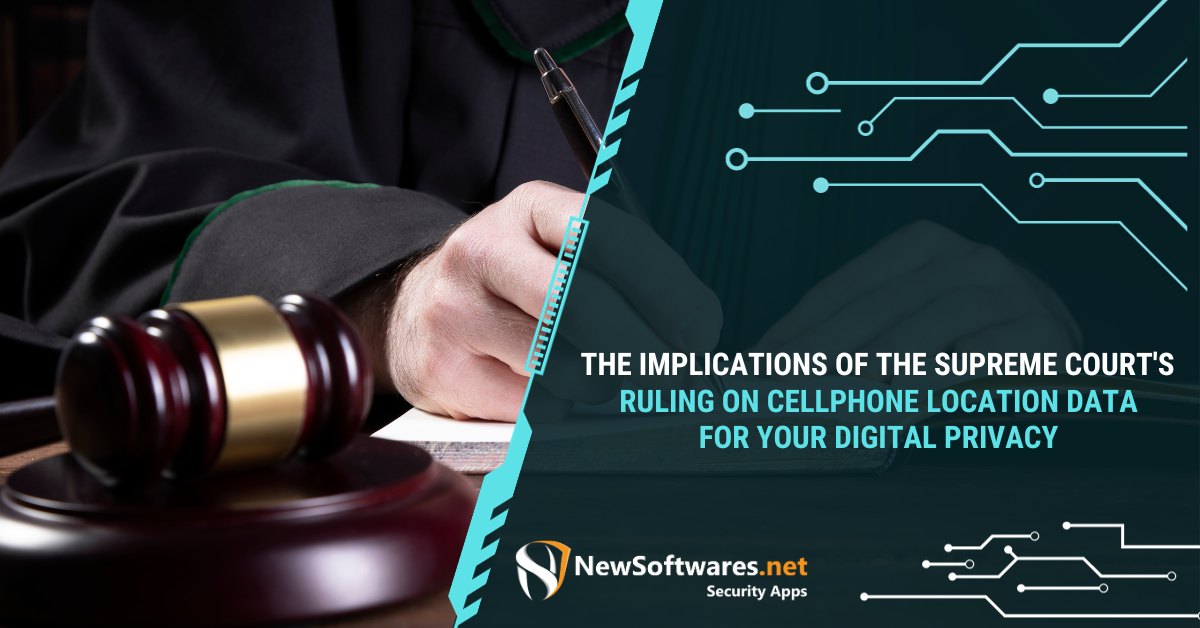Federal Appeals Court Upholds Digital Privacy in Landmark Encryption Ruling

A recent decision by a U.S. Federal Appeals Court has delivered a significant victory for digital privacy advocates, ruling against broad government claims for data access in a pivotal encryption case. The ruling addresses the long-standing tension between law enforcement's need for investigative tools and citizens' rights to secure digital communications. According to a tweet from Lawfare, a prominent national security law blog, the decision represents a "significant victory for digital privacy advocates."
The debate over government access to encrypted data, often dubbed the "crypto wars," has simmered for decades, notably escalating with cases like the 2016 Apple-FBI dispute. Law enforcement agencies, including the FBI, have consistently argued that strong encryption creates "warrant-proof" spaces, hindering investigations into serious crimes and national security threats—a phenomenon often referred to as "going dark." The FBI asserts it supports "responsibly managed encryption" that allows lawful access when compelled by court orders.
However, privacy advocates and technology companies contend that creating "backdoors" or mandated access mechanisms inherently weakens security for all users, making systems vulnerable to malicious actors. Organizations like Lawfare and Privacy International have consistently highlighted that such measures, including proposals like the "ghost protocol" or client-side scanning, compromise the fundamental security and human rights of individuals. They argue that there is "no way to break encryption without making everyone, including children, more vulnerable."
This court decision comes amidst ongoing global efforts by governments, including those in the UK and India, to compel tech companies to provide access to encrypted communications. While law enforcement emphasizes the need to combat crimes such as child exploitation and terrorism, privacy advocates stress that weakening encryption could lead to widespread surveillance and a chilling effect on free expression. The ruling underscores the judiciary's role in balancing these competing interests, potentially influencing future legislative and policy discussions on digital security and privacy both domestically and internationally.